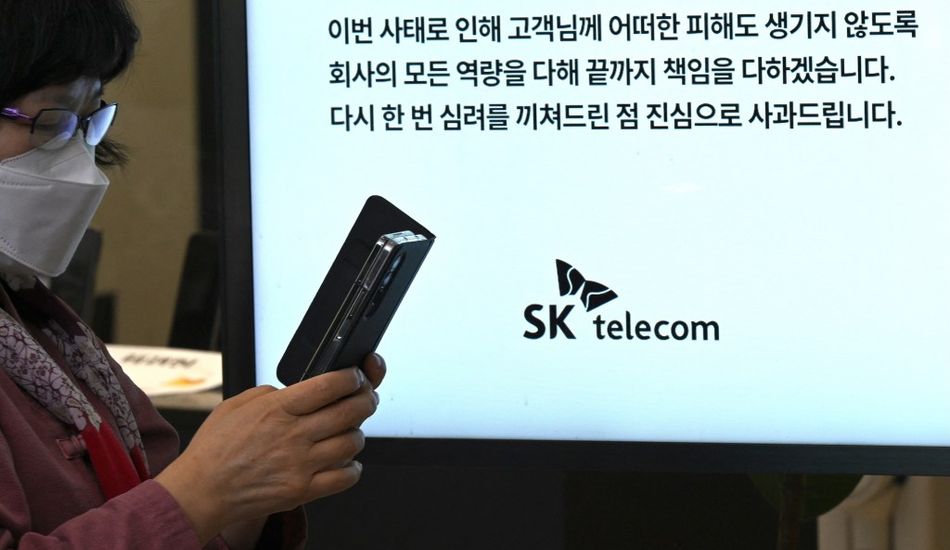
South Korea's Cybersecurity: Facing Rising Hacker Threats
South Korea, a global leader in tech with blazing-fast internet and companies like Samsung and LG, is facing a growing problem: cybersecurity. It turns out that being a digital powerhouse makes you a major target for hackers, and South Korea's defenses are struggling to keep up.
Lately, there's been a surge of successful hacks hitting everything from credit card companies to government agencies. I mean, we're talking about incidents almost every month! The frustrating part is that the response seems disorganized, with different agencies sometimes working against each other instead of together. It's like watching a bunch of cooks in the kitchen, each with their own recipe, when they should be making the same dish.
One of the big issues is that there isn't a clear "first responder" when a cyberattack happens. Without a designated leader, things get chaotic. As Brian Pak, CEO of Theori, points out, the government often treats cybersecurity as a crisis to manage after it happens, rather than as a critical part of the country's infrastructure. It's a reactive approach, not a proactive one.
The Talent Shortage
Adding to the problem is a serious shortage of cybersecurity experts. Apparently, the current system isn't doing a great job of training and retaining talent. Without enough skilled people, building and maintaining strong defenses is nearly impossible. It’s a vicious cycle.
A Potential Solution
Now, the National Security Office is stepping in to try and fix things. They're pushing for a coordinated effort across different government agencies. The goal is to have everyone working together under a single plan, which sounds like a step in the right direction. There's even talk of giving the government more power to investigate hacks right away, even before companies report them. It's like they're finally waking up and smelling the burning servers.
However, there's a potential downside. Some experts worry that putting too much power in the hands of the president's office could lead to "politicization" and overreach. I mean, we've all seen what happens when politics get mixed up with technology – it's usually not pretty.
Maybe the best approach is a balance. A central body to coordinate things, but with independent oversight to keep things in check. That way, you get the benefit of a unified strategy without the risk of things getting out of control. It's all about finding the right mix of control and accountability.
Source: TechCrunch